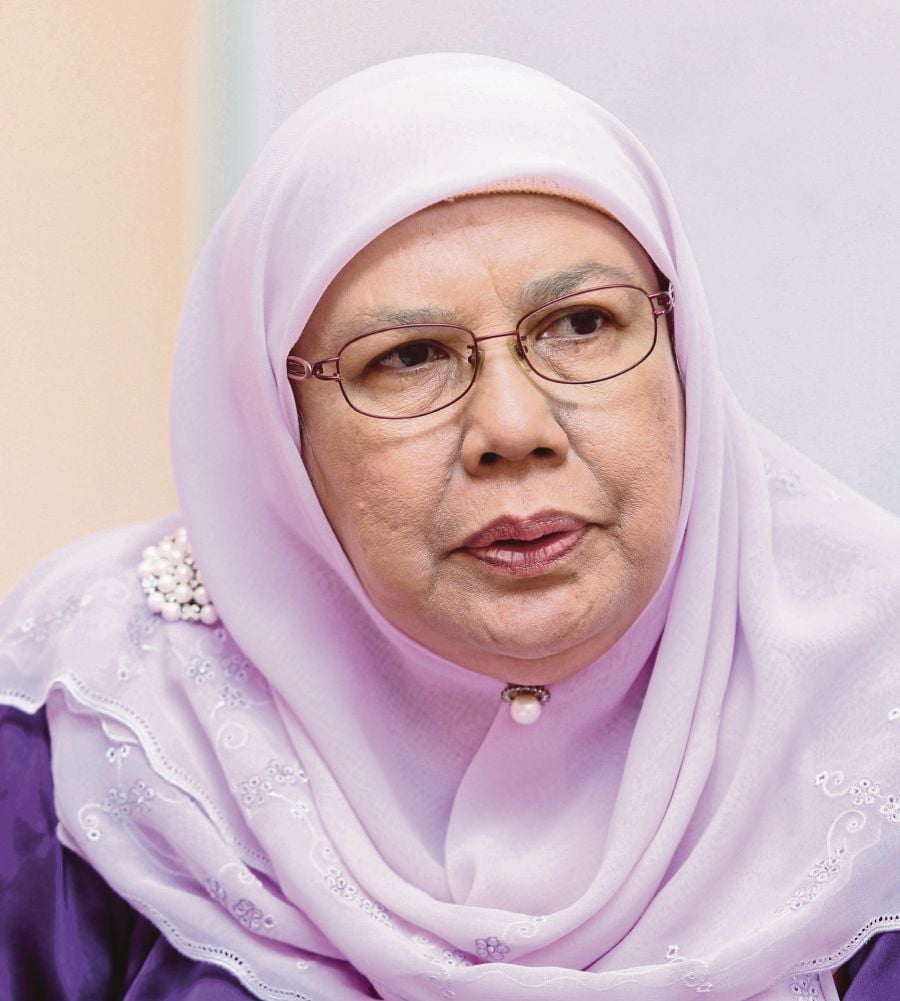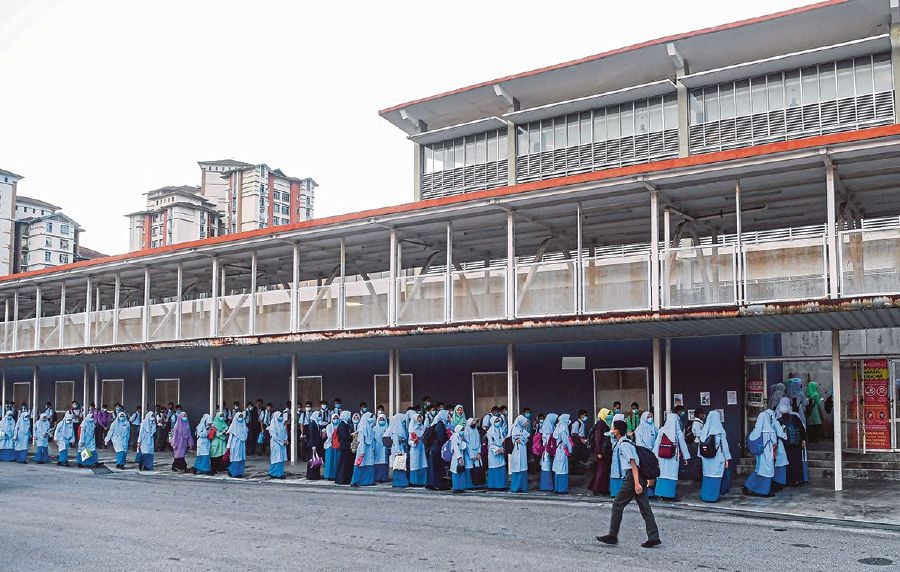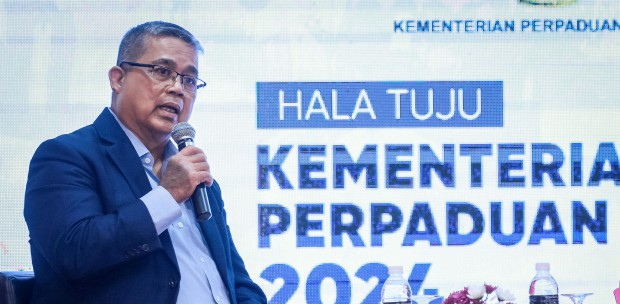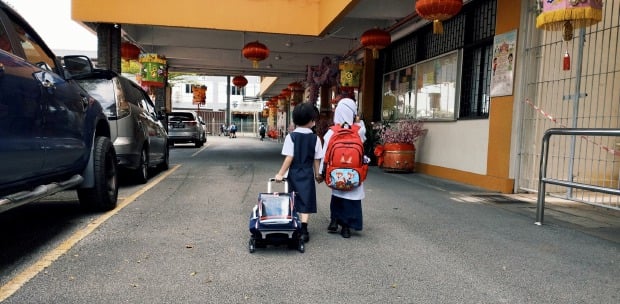KUALA LUMPUR: Too much red tape has prevented efforts by education non-governmental organisations (NGOs) to hold collaborative programmes at national schools, says an NGO.
National Science, Technology, Engineering and Mathematics (STEM) Association founder and president Datuk Professor Emeritus Dr Noraini Idris said:
"There were instances when I had to cancel some of the programmes with teachers at national schools.
"Our programmes take months to start at national schools but typically only take two or three weeks at vernacular schools."
She told the New Straits Times that this could also explain why national schools seemed to have lost out to vernacular schools when it came parental involvement and contributions.
Noraini, who is also Universiti Malaya STEM Centre adviser, said many of the Chinese schools she had dealt with had strong backing from their parent-teacher associations and alumni and instilled a sense of belonging in the students.
"While they use the same curriculum as the national schools, vernacular schools expose the latest technology to their pupils and teachers, as well as provide well-maintained infrastructure such as science laboratories.
"As a result, the students are more confident in using the equipment as well as explaining about technology such as artificial intelligence (AI) and Internet of things (IoT)."
She added that a conducive learning environment was a crucial element in school that would help keep the children motivated in their studies.
She hoped that parents would wholeheartedly support the country's aspiration to create the next generation of scientists and other professionals.
She said the association was organising a STEM mini theatre project in seven states — Selangor, Kedah, Kelantan, Sabah, Sarawak and Johor — that would focus on creating innovative products.

National Union Teaching Profession secretary-general Fouzi Singon said some parents tended to choose vernacular schools because they believed their children's education, in terms of culture and mother tongue, would not be affected.
"They feel that it is better because they still learn 3M (reading, writing and counting) in addition to being able to socialise and communicate in Mandarin .
"I think now is the right time for a third language to be offered to pupils in national schools.
"This will offer parents the option for their children to learn and master the language," he said, adding that parents had begun to open up wider career opportunities for their children with the mastery of Mandarin.
Educationist Datuk Teo Kok Seong said many parents enrolled their children in the vernacular schools due to the quality of education.
"Many Malay parents I spoke to also cited excellent work culture among the teachers at Chinese schools, as well as good leadership by their headmasters.
"I have posed this question before; and the ministry, in admitting this in the Malaysia Education Blueprint 2013-2025, said we should see improvement by the third wave, between 2021 and 2025, with the national schools becoming the school of choice regardless of ethnicity," said Teo.





